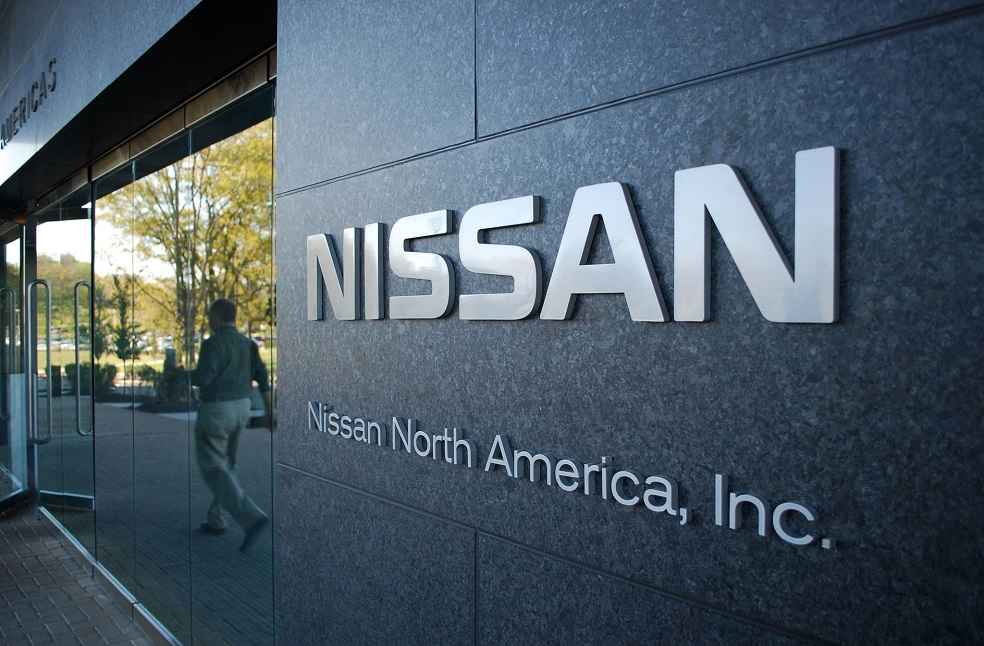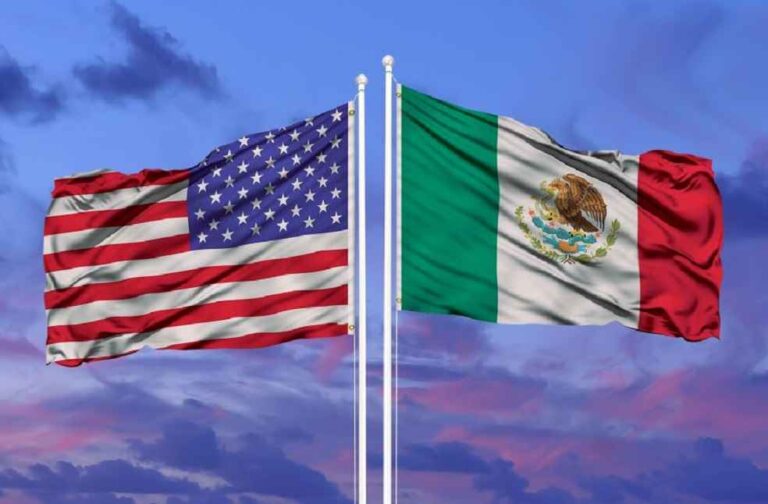Staggering hit to the automotive industry, heightened border security and a significant surge in migration have led to severe congestion at the U.S.-Mexico border. An estimated 19,000 trucks, carrying goods valued at around $1.9 billion, are currently languishing in extended queues, some waiting up to 24 hours due to intensified safety inspections.
Texas officials have implemented additional cargo truck inspections beyond federal mandates to curb illegal border crossings and drug trafficking. This congestion is exacerbated by a massive influx of people moving north from South and Central Mexico, with some attempting to traverse the border aboard railway cars carrying vehicles. Such disruptions have led to temporary border closures and suspended freight train services by Mexico’s largest railway operator, Ferromex.
Major automotive giants are feeling the repercussions. Mexico, a global heavyweight in automobile manufacturing, exports three-quarters of its approximately 3 million annual vehicle production to the U.S. Nissan, particularly, is bearing the brunt of the crisis, with substantial disruptions reported in the deliveries of several models manufactured in Mexico, including the Versa, Sentra, and Kicks.

However, Nissan is not alone in this turmoil. Other auto titans like General Motors and Stellantis are also encountering logistical hitches, grappling with delays and monitoring the situation vigilantly. The impasse also severely affects suppliers, with some facing up to 12-hour delays in transiting parts into the U.S.
Bid to navigate these tumultuous waters, companies are exploring alternative logistical strategies. Both General Motors and Nissan are reportedly considering maritime transport as a viable contingency for moving vehicles into the U.S., albeit on a restricted basis.

The U.S. and Mexico have a deep economic interdependence in the automotive sector. Mexico, being the seventh-largest global manufacturer of passenger vehicles, produces about 3 million vehicles annually, with three-quarters of these destined for the U.S. market. This cross-border automotive trade is valued at over 100 billion dollars annually, emphasizing the significant economic ties between the two countries in this industry.
DON’T MISS IT | The Evolution of Share Trading: A Journey Through History



